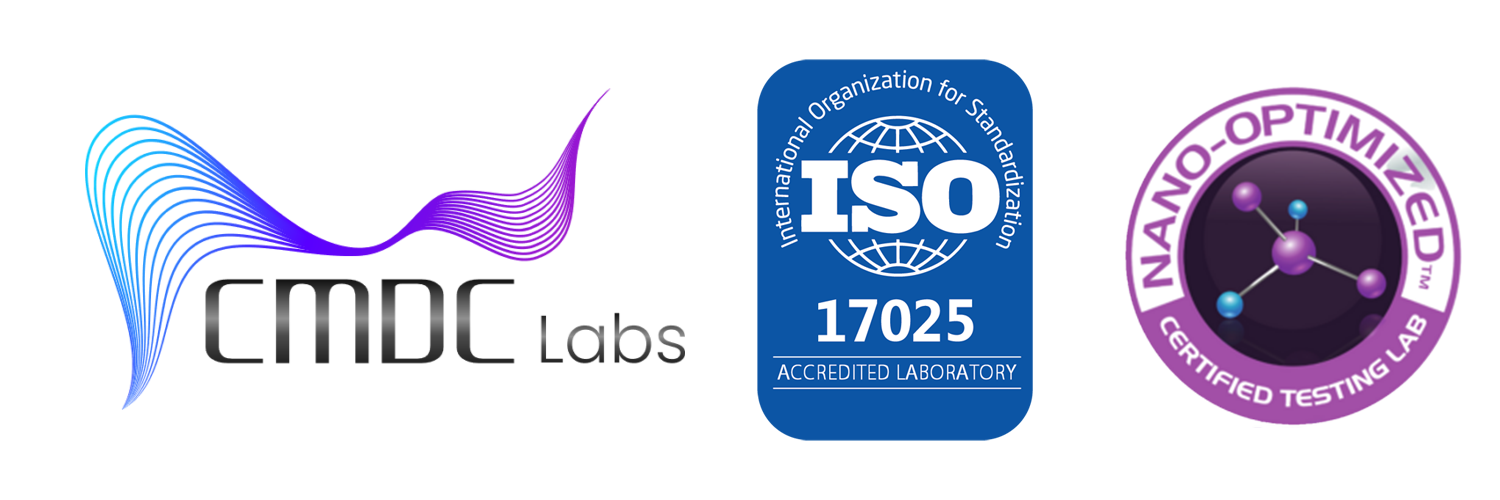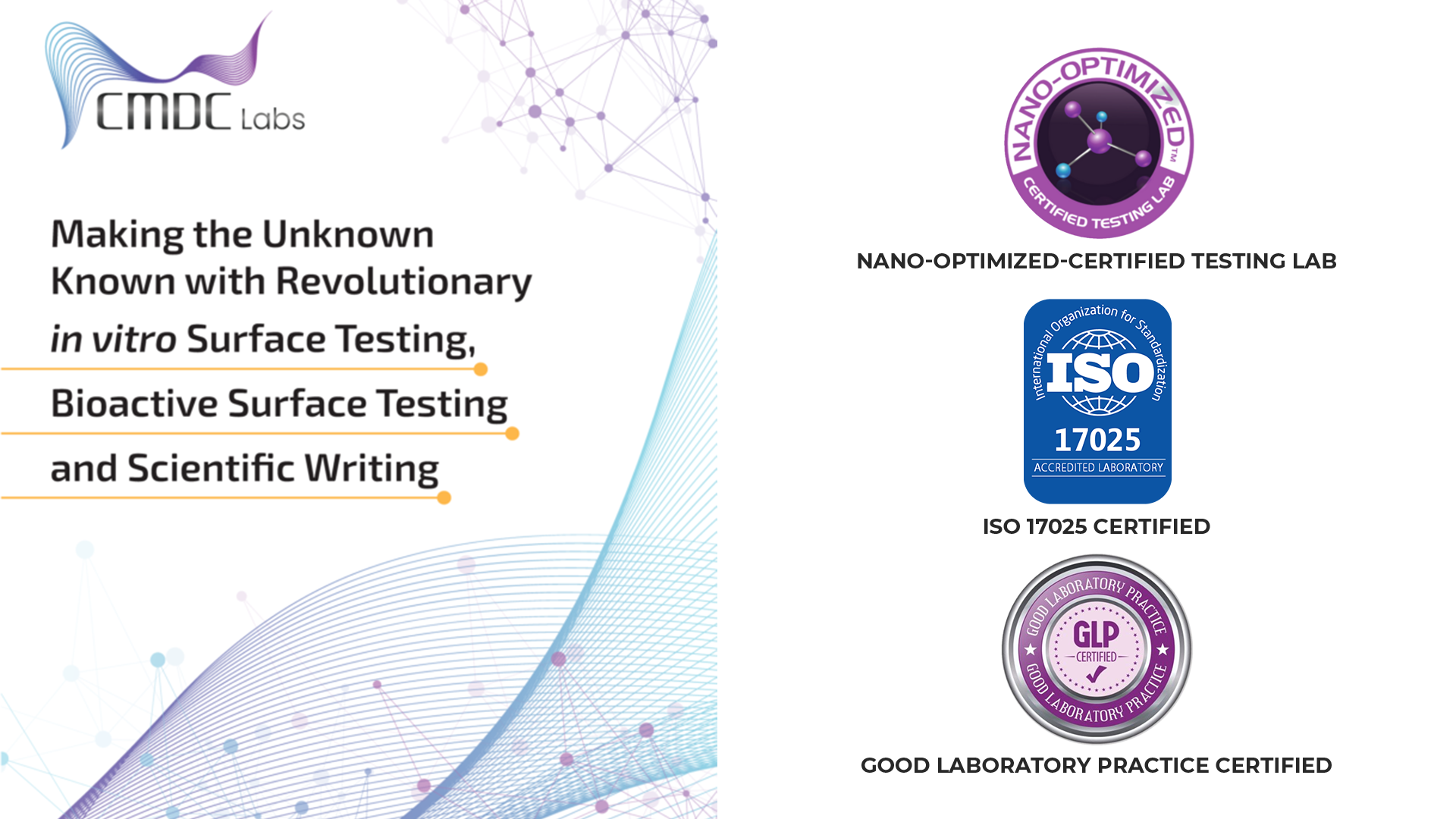ISO 11737 is a crucial standard that governs the testing and determination of microbial contamination in products, particularly those related to healthcare and pharmaceutical industries. In this comprehensive guide, we delve into the key principles and applications of ISO 11737, shedding light on its significance in ensuring product safety and quality.
Understanding ISO 11737:
ISO 11737, titled “Sterilization of medical devices – Microbiological methods – Part 1: Determination of a population of microorganisms on products,” provides guidelines for assessing the bioburden of medical devices and pharmaceutical products. The standard outlines various methodologies for microbial enumeration, including membrane filtration, pour plate method, and direct inoculation. By adhering to ISO 11737, manufacturers can effectively quantify the microbial contamination present on their products and take appropriate measures to ensure their safety and efficacy.
Key Principles of ISO 11737:
One of the fundamental principles of ISO 11737 is the establishment of bioburden limits, which represent the maximum allowable microbial contamination levels for a given product. Manufacturers must determine these limits based on factors such as product type, intended use, and regulatory requirements. Additionally, the standard emphasizes the importance of selecting appropriate sampling methods and culture media to accurately assess bioburden levels. By following these principles, manufacturers can conduct reliable and reproducible bioburden testing in accordance with ISO 11737 guidelines.
Applications of ISO 11737:
ISO 11737 finds widespread applications across various industries, including healthcare, pharmaceuticals, and biotechnology. In the healthcare sector, the standard is essential for evaluating the cleanliness and sterility of medical devices, ensuring their safety for patient use. Pharmaceutical manufacturers rely on ISO 11737 to assess the microbial contamination of drug products and raw materials, safeguarding against potential contamination risks. Biotechnology companies also utilize ISO 11737 to monitor the microbial quality of biopharmaceuticals and bioprocessing equipment, maintaining product integrity throughout the manufacturing process.
Conclusion:
ISO 11737 plays a pivotal role in the assessment and control of microbial contamination in healthcare and pharmaceutical products. By adhering to its principles and guidelines, manufacturers can effectively quantify bioburden levels, establish appropriate contamination limits, and ensure the safety and efficacy of their products. At CMDC Labs, we recognize the importance of ISO 11737 compliance and employ best practices in bioburden testing to uphold the highest standards of product quality and safety.

